Why does Google penalize people for link building when it offers up tentative advice on how to do it? The reason is, Google knows back-linking may be used to manipulate the search engine. Also, for the record, Google is wise to the method of setting up a pile of social media profiles so you can create your own buzz on various networks — Google is not stupid!
This article offers back-linking tips and actions to avoid, whether you have been penalized or not. Let’s face it though, it is time to go whiter-than-white if you have been penalized because you are likely to be under the microscope (in other words, behave or you will be penalized again).
Backlinks from low-quality press releases
It was long thought that press releases were great for SEO (search engine optimization), so people started issuing them on the stupidest of subjects just to get a backlink from it. Those days are over. People who run press release disseminators are now very picky about what they release. If a company is releasing any old crap, then it is unlikely a press release site will want to link to such press releases from their platform.
Backlinks from link pyramids or wheels
People know that too many reciprocal links are going to get them in trouble, so what companies organize are link pyramids or link wheels. A link wheel works a little like this:
- A links to B
- B links to C
- C links to D
- D links to A
Backlinks from poor-quality guest posts
Guest posting has become a popular way to gain exposure. The problem is, blogs are popping up everywhere and many of them are of low-quality, existing only to let people guest post for the backlink. Linking from these blogs will do you no favors — it is best to avoid them.
Backlinks from article marketing spam
There are companies that spam article content across the Net to gain a slight search engine boost. Doing this is not such a terrible thing if your record is whiter than white, but if it is not, it is best to give this method a miss.
Backlinks from comment spam
Comment spam is pointless these days — most comment sections are set with a no-follow directive. If you are getting offers from SEO companies to add in comment backlinks, give them a miss to be on the safe side.
Backlinks from forum spam
Getting backlinks from forums is not the best of ideas. Forum masters are aggressively territorial. Often, within a week, any backlinks you posted have been deleted by the forum master. This is not a problem until Google starts to notice you are losing as many backlinks as you are gaining, at which point they will assume you are backlink spamming and will penalize your website.
Backlinks from adverts
Despite what you may have read, backlinks from adverts are not search engine friendly in any way shape or form. If you have any sort of advert on another website that leads to your own then it must either be on a no-index page or it must have the no-follow tag next to it. A backlink that is followed from an advert on another domain is bad news.
Backlinks from a blog post with very few posts
If a blog has very few posts, you can assume it has been set up by a spammer. There are even people who ask for guest bloggers to fill up their blogs. Give these people a miss and instead wait a few weeks or months and watch the blog grow before becoming a guest poster on it. You do not want to associate your website with a blog that may soon be under suspicion of being a spam website.



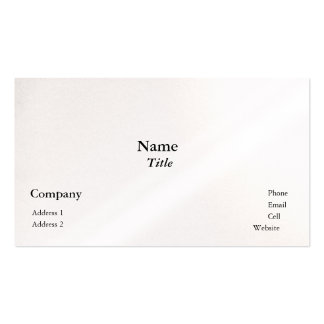
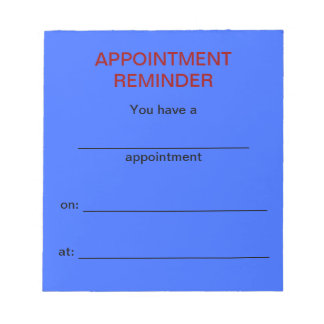
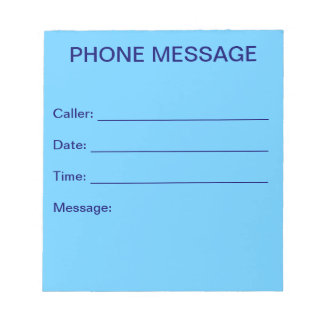
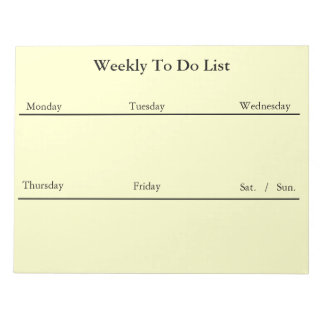
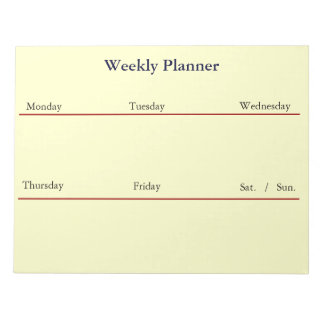

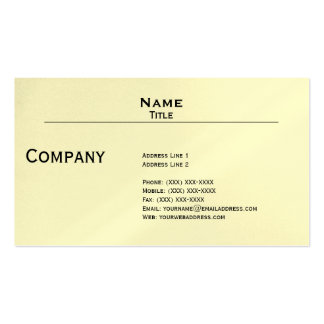

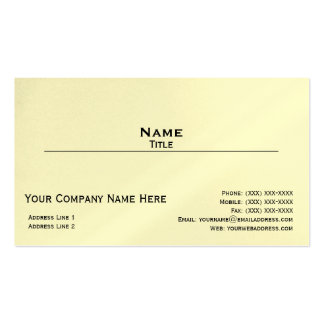
No comments:
Post a Comment